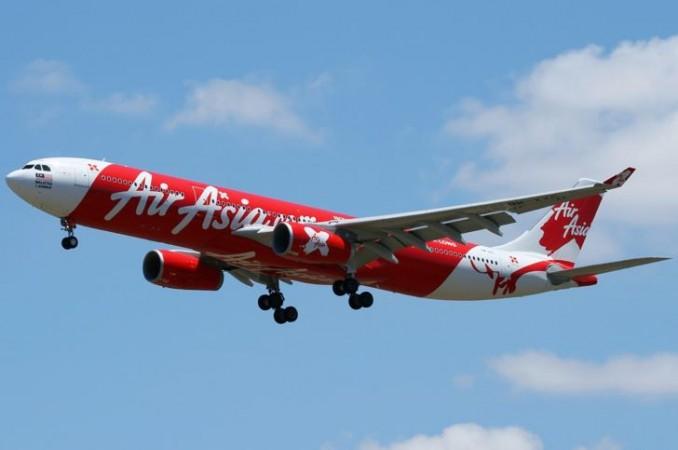
The debate over the draft civil aviation policy on Saturday turned sour after AsiaAsia Group CEO Tony Fernandes took a dig at older airlines. Fernandes, in a series of tweets, asked whether Indian airlines owners stayed in the country.
Fernandes was responding to the allegations made by some older airlines that AirAsia is being remote-controlled from Malaysia, the Business Standard reported. He tweeted: "Are owners of Indian airlines staying in India?"
Fernandes took a dig at Jet Airways Chairman Naresh Goyal, who is an NRI based in London and Rakesh Agarwal, co-founder of InterGlobe aviation (which operates IndiGo airlines), based in the US.
"For long airlines have been controlled by a few, mostly NRI," Fernandes had tweeted, as reported by the publication.
Time for India to compare is aviation industry with the rest of Asia and wonder if it's policies have benefited the people of India
— Tony Fernandes (@tonyfernandes) February 28, 2016
Jet is owned 25 percent by Eithad and has many foreigners working. Naresh lives in london yet they blocking Airasia. Strange. — Tony Fernandes (@tonyfernandes) February 28, 2016
Indians need more Tourism. More jobs. Only country in the world with a 5 20 rule. Malaysia has foreign airlines operating here. No issue
— Tony Fernandes (@tonyfernandes) February 27, 2016
People of India your voice needs to be heard more. For to long airlines have been controlled by a few. Mostly NRI. Competition is needed — Tony Fernandes (@tonyfernandes) February 27, 2016
As part of the new civil aviation draft policy, the government is currently mulling over scrapping away the 5/20 norm. Under the 5/20 rule, only those airlines can operate on international routes which have at least five years of domestic industry experience and a fleet of at least 20 aircraft. Abolishing the rule would benefit new airlines such as AirAsia India and Vistara.
The Federation of Indian Airlines (FIA), which consists of older airlines such as Jet Airways, IndiGo, SpiceJet and Go Air, is opposing scrapping away the existing 5/20 norm.
Last week, Ratan Tata attacked older airlines and said they were afraid of competition. AirAsia India reportedly has three partners — Tata Sons, AirAsia India and Telestra Tradeplace of Arun Bhatia.
On the other hand, the older airlines claim that the two new airlines, AirAsia India and Vistara, should prove their operational capability in India before flying on international routes.
AirAsia India doubled its quarterly loss for the December quarter due to an impact of high costs. The Malaysian airliner in a joint venture with Tata sons posted a loss of Rs 38.2 crore, according to a Kuala Lumpur-based stock exchange data, even as the company doubled its fleet, the Economic Times reported on Feb. 27.














